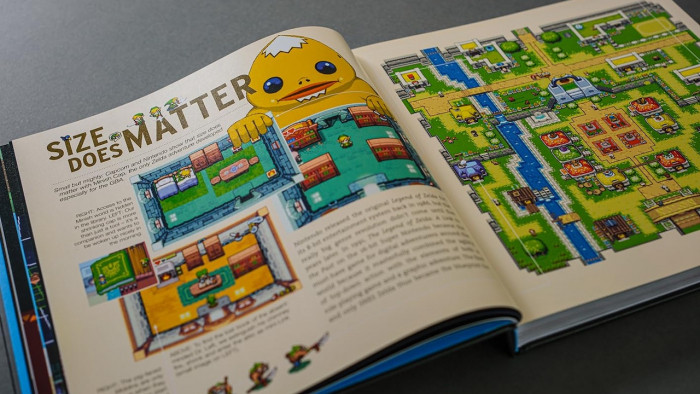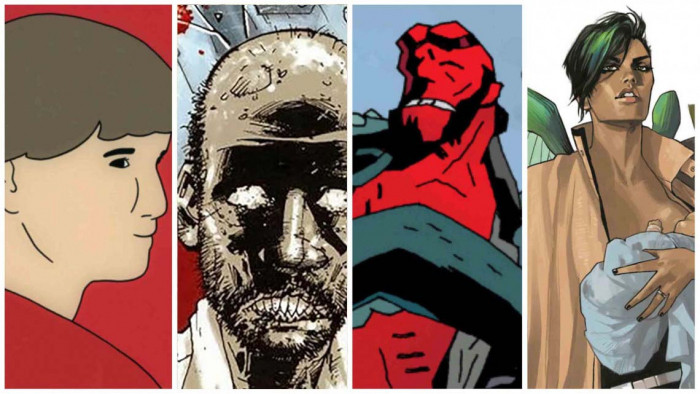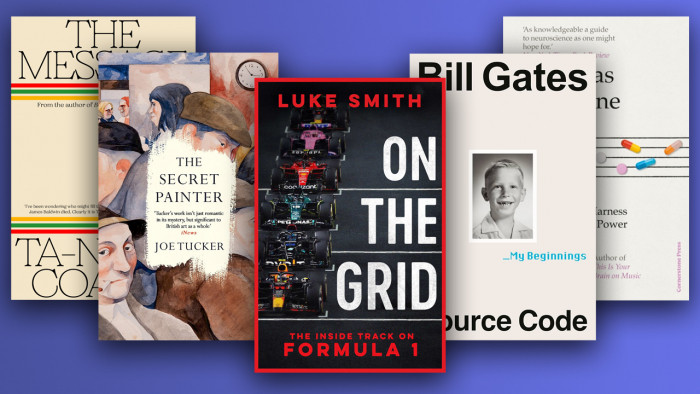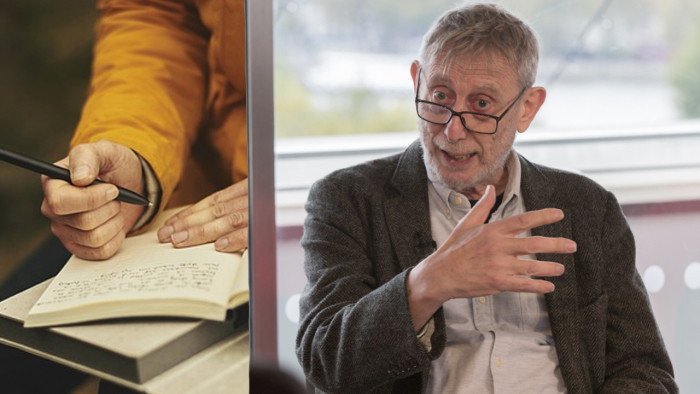15 things you (probably) didn’t know about George Orwell
15 things you (probably) didn’t know about George Orwell


Of all the great thinkers to ever pick up a pen and call it a profession, few have shook the world in the same way George Orwell did. In many ways Orwell's wordy career is often focused on weighty subject matters (often with a focus on dystopia), but he was also an excellent poet.
A new collection shows a rare insight into George Orwell the poet, a collection of prose that shows a side to the writer rarely seen.
Be it fact or fiction, Orwell’s oeuvre carries such weight, such power, that it's hardly surprising that his phrases (Big Brother, Room 101) continue to litter our lexicon today - and that's without mentioning the fact he boasts his very own adjective.
But forget everything you think you know about the instigator of all things ‘Orwellian’, as we've compiled a list of facts you probably won’t know about the legendary writer, who it has to be said, lived a more interesting life than most.
(Images: Rex, Penguin)

1.
Born as ‘Eric Arthur Blair’, he assembled his now-infamous pen name by patriotically calling on St George and the River Orwell.

2.
Nudged into becoming a member of the British Imperial Police Force by his father, he chose a posting in Burma, and only returned to England after contracting a tropical disease (fatal breakbone fever). That was when he decided to become a writer.

3.
During his time in Burma, he was able to speak Burmese fluently with the natives, and, according to some, acquired some tattoos, including a small blue circle on each knuckle.

4.
In an essay entitled You and the Atomic Bomb, Orwell became the first person to apply the term Cold War to describe the ideological and political scuffle between Russia and the US.

5.
A staunch socialist who travelled to the North of England’s industrial coalface and documented the hardships of the working classes for his landmark book The Road To Wigan Pier, his interviews for the the book saw him placed under surveillance by Special Branch from 1936 until 1948.

6.
Ironically, Orwell’s dystopian surveillance-tinged masterpiece Nineteen Eighty-Four was released one year later in 1949.

7.
When World War Two came about, Orwell wanted to go and fight for Britain but was knocked back due to the injuries picked up in the Spanish Civil War. As the fighting carried on he worked at the BBC, broadcasting for the India department. He later became a war correspondent.

8.
In 1946, Orwell penned an essay on his dream pub for London’s Evening Standard entitled The Moon Under Water, listing the 10 elements his favoured boozers would have to possess, including the availability of aspirin behind the bar. Today, a handful of UK-based pubs ran by JD Whetherspoon go by the same name as his essay.

9.
Although he became a champion of the working classes, Orwell himself came from high stock. His great-grandfather great-grandfather Charles Blair was married to gentry - while he enjoyed a relatively comfortable childhood, winning scholarships to both Wellington and Eton colleges.

10.
It was at Eton where Orwell once practiced black magic on a wax effigy of a school bully. After the young man broke his leg, developed leukemia and died, Orwell reportedly spent the rest of his life believing that he’d killed him with the Voodoo spell.

11.
“Beastly.” Predicating the muscular lexicon to come from the author in his adult years, this is said to have been Orwell's first word as a child.

13.
In 1936 and 1937, Orwell fought in the Spanish Civil War on the Republican side against General Franco’s Nationalist forces, and was shot in the throat by a sniper, missing his main artery by millimetres. So intense was his injury, he never fought again and even had to receive electroshock treatment at the medial hospital.

14.
Not only did the traumatic events of that war inspire his bloodily frank Homage to Catalonia - one of the finest first-hand works about countrymen slaughtering one another - but also future works of fiction he penned, including Animal Farm.

14.
As an outspoken member of the anti-Communist movement, Orwell compiled a list of 37 other writers to the British government’s then Information Research Department of People who he suspected were sympathetic to Soviet thinking.

15.
Over the course of two years between 1928 and 1929, the author experienced near-starvation as he forged for crumbs between jobbing as a waiter-cum-author in Paris; an experience he colourfully/painfully writes about in Down And Out In Paris And London.








